Clare honours the courage of his ancestor’s conviction
The new Education Minister’s commitment to learning started long before he was born.

Convict Thomas Clare was shipped in leg-irons from Dublin to Sydney Cove for stealing a book.
Two centuries later, his great-great-great-great grandson, Jason Clare, was sworn in this week as federal Education Minister in Anthony Albanese’s new Labor government.
“It’s always been my dream to do this job but it took me by surprise,’’ Clare told Inquirer as he drove from Canberra to his home in the Blaxland electorate of western Sydney.
“(Thomas Clare) got sent to the other side of the world for wanting to read a book. Now we can recognise how important education is and how it can change people’s lives – I think he’d be really proud.’’
Clare’s appointment came out of left field, given that Tanya Plibersek spent six years as opposition spokeswoman for education, forging Labor’s policy and making valuable connections that would have helped her to hit the ground running as education minister.
Clearly the best qualified person for the job, Plibersek was blindsided as she was pushed aside into the environment and water portfolio.
Now Clare, a former home affairs and justice minister who was the architect of Labor’s housing buy-in scheme, is having to cram before the first sitting of parliament. He still does not have an office, and his first day on the job on Thursday was spent in briefings with federal Education Department secretary Michele Bruniges and her deputies.
Clare plans to plough through his portfolio briefings before elaborating on Labor’s policies to increase funding to public schools and improve the quality of teaching.
During the election campaign, Labor pledged to ensure every public school gets funded to 100 per cent of its Student Resource Standard. The SRS is based on student need, so disadvantaged schools attract more funding than wealthier schools.
The existing federal funding agreement with states and territories is set to expire at the end of next year, so Clare must decide how to direct extra cash into schools. One option is to scrap the SRS cap, which limits federal contributions to 20 per cent of the SRS for each public school – effectively letting the states and territories off the hook for extra funding of their own schools. Another option is to legislate to ensure the states and territories stop eroding their own spending whenever the federal government tips in extra funding. A third is to fast-track funding increases set out for the next five years.
Australian Education Union president Correna Haythorpe insists “the 20 per cent cap has to go’’. She also wants Clare to scrap NAPLAN, the annual national literacy and numeracy test introduced by Clare’s Labor predecessor, Julia Gillard, to improve the transparency of children’s learning.
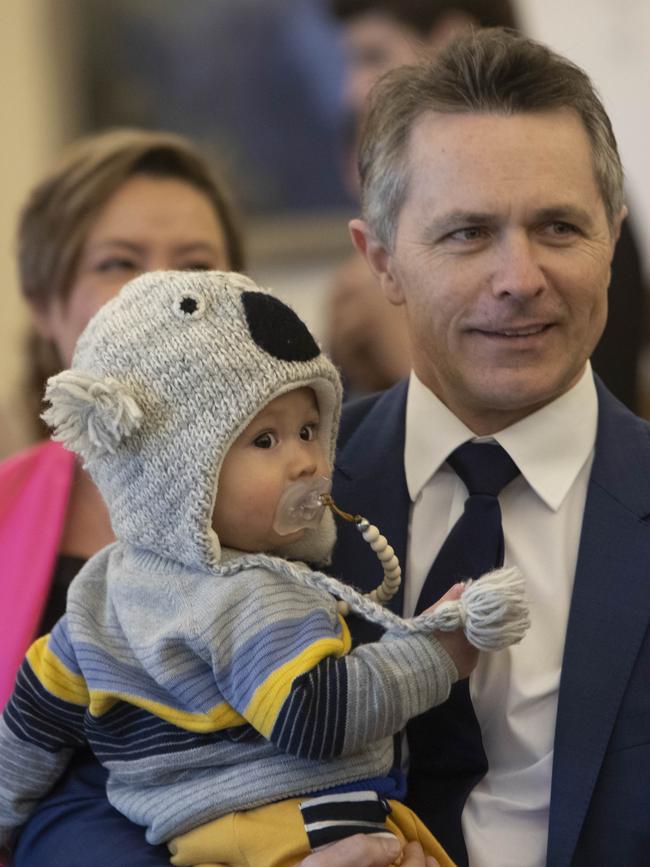
“We’re pleased that minister Clare has got the portfolio because he’s got a long history of support for education,’’ Haythorpe told Inquirer. “The 20 per cent (SRS) cap has to go. NAPLAN’s days are done but we need political leadership on this issue.’’
Clare is reluctant to expand on Labor’s election pledges but is liaising with the “amazing’’ Plibersek, who has spent years fine-tuning Labor’s policy to raise spending on public schools – without cutting funding to private schools – and to improve the quality of teaching.
“I’ve obviously spent the last three years deeply immersed in housing and homelessness, developing the policies that will make it easier for people to buy a home and to build more social housing,’’ Clare says. His elevation to a portfolio he has long coveted came as a complete surprise to both Plibersek and Clare.
“On Tuesday afternoon Albo rang and asked if I’d serve in the job of minister for education,’’ Clare recalls. “Of course I was really happy, and said, ‘You bet!’ It’s always been my dream to do this job, but it took me by surprise. Tanya’s been flicking me through the phone numbers of people to reach out to. I’ll be picking Tanya’s big brain – she’s a superstar, she’s amazing.’’
Clare, whose five-year-old son, Jack, started kindergarten this year, with baby Atticus soon to start childcare, says his first priority will be to prepare the legislation cutting the cost of childcare for working families.
He understands the hip-pocket pain of paying for daycare, noting that when Jack moved from childcare to free kindergarten at school, “it was like I got a pay rise”.
Clare is married to Louise Tran, the daughter of Vietnamese “boatpeople’’ refugees, an executive at food charity OzHarvest.
Both attended free public schools and are planning the same education for their sons. “I’m the proud product of public education and the boys will go to public schools as well,’’ Clare says.
The first in his family to finish year 10 or attend university, Clare holds a law degree from the University of NSW. His mother, who was bedridden for two years after falling ill with rheumatic fever in primary school, dropped out of high school but went on to work in the office where young Jason attended Canley Vale High School. His father worked as a draftsman.
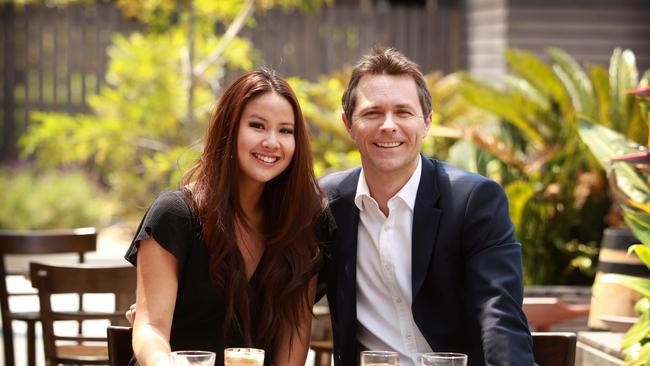
“Mum and Dad always ingrained in me the importance of education and of doing well at school,’’ he says. “They’d tell me the harder I work, the luckier I get, making sure I did my homework and got good grades to get the education and the life they only dreamed of.’’
Clare speaks of the “power of education’’ to transform lives.
“I was in a class with kids who were refugees from Southeast Asia and South America,’’ he recalls. “A lot of those little kids I’m still friends with – they’re doctors and partners in law firms or have set up multimillion-dollar businesses. That’s the power of education. You can go from one generation being refugees, to the next being university graduates.’’
Clare will champion improvements to the quality of teaching, as he recognises the difference a good teacher can make to a child’s life. He lunches twice a year with his high school history teacher, Peter Valenti, who has retired as a principal but still works casual shifts in a western Sydney classroom.
“Everyone’s got a teacher they remember from high school or primary school who really changed their life and affected who they became,’’ Clare says. “Teaching history is teaching students about events, but also about what individuals can do to change people’s lives. Peter instilled in me the idea of the power of public service.’’
A self-described “cricket tragic, Pearl Jam fan and Star Wars kid’’, the charismatic Clare has a lighthearted approach to life, collecting Jack from preschool whenever he can and proudly displaying their Star Wars Lego collaborations on social media.
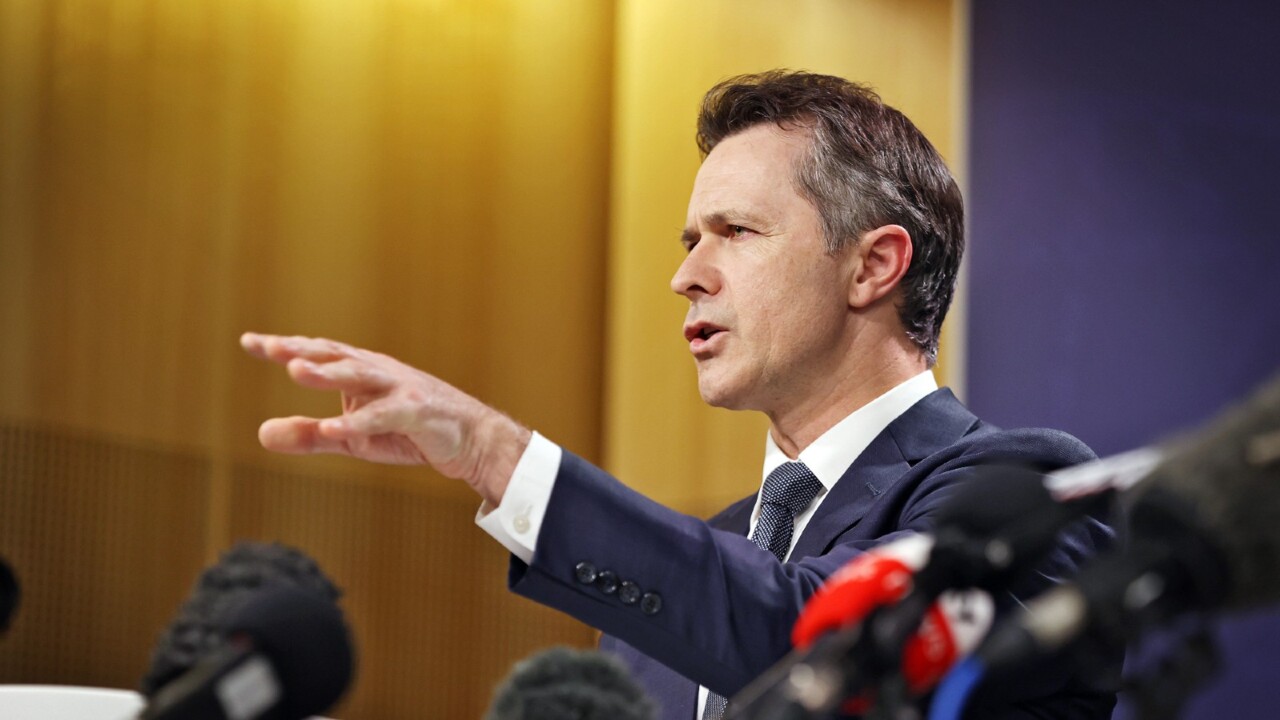
As Education Minister, Clare wants to improve children’s academic results, to “stop the slide’’ that has seen Australian teenagers fall from 11th to 29th place among industrialised countries in mathematics, and from fourth to 16th place in literacy, between 2003 and 2018. But he acknowledges that not all students are interested in, or have the aptitude for, academic learning, so plans to work “hand in glove’’ with Skills Minister Brendan O’Connor to incorporate more vocational training into schools.
“The pathway young people take out of school – through TAFE or university – both are just as important,’’ he says. “Here’s the big challenge – nine out of 10 jobs created in the next five years require a Certificate III (training qualification) or a university degree, so we’ve got to make sure young people complete school, but also that school is fit for-purpose and providing them with the relevant skills they want. We’ve got to make sure school is right for the students.’’
Clare’s first job after graduation was as senior adviser to NSW premier Bob Carr, and then as an executive at Transurban. In 2008 he won the federal seat of Blaxland, once held by his hero, Paul Keating, who he recalls describing education as “the key to the kingdom – the master key that opens every door’’.
Clare was minister for justice, minister for defence materiel and minister for home affairs in the Rudd and Gillard governments.
But his “dream job’’ became apparent in his maiden speech to parliament in 2008, when he described education as “the great equaliser in an unequal world’’.
“Let us be the government that again invests in public education … (and) recognises the importance of teachers to learning outcomes,’’ he told parliament.
“If we are serious about equal opportunity for men and women, for rich and poor, for Indigenous and multicultural Australia, then let it begin with the youngest Australians.’’
Fourteen years after his clarion call to action, Clare is finally in the position of power to drive change.



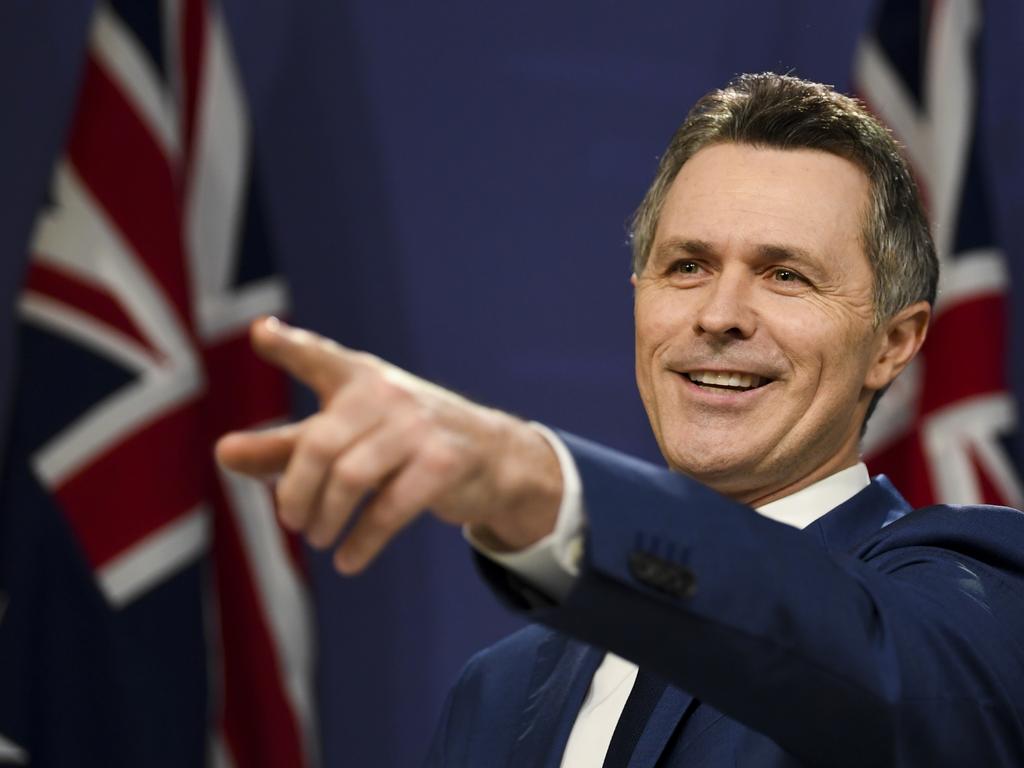
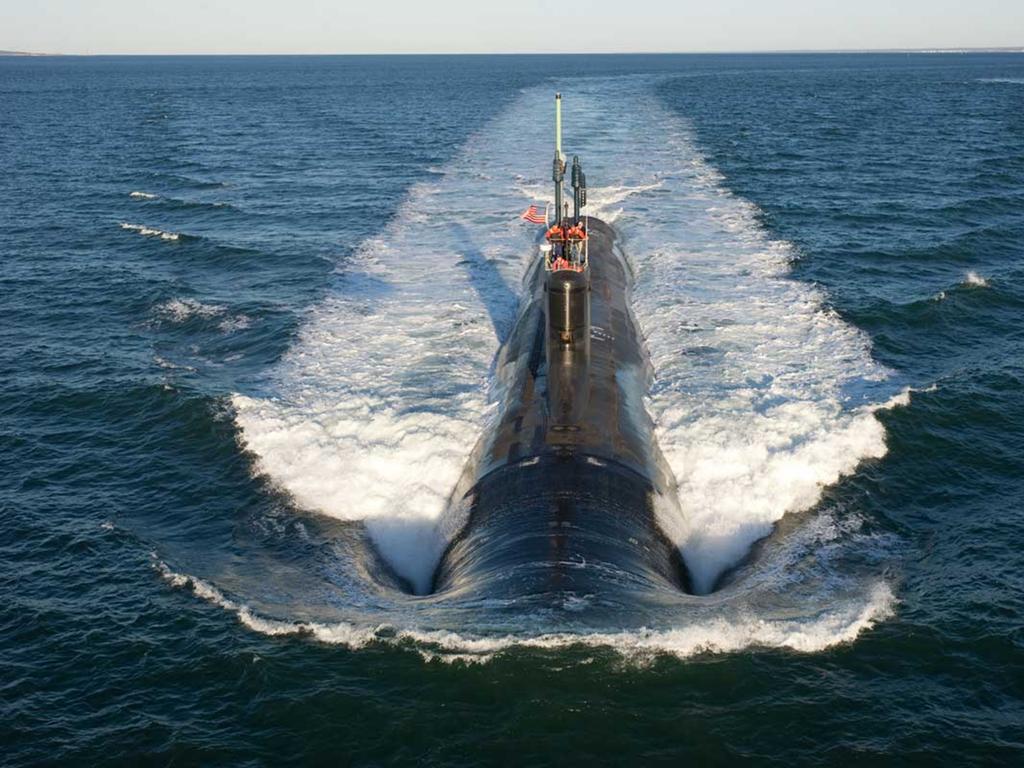
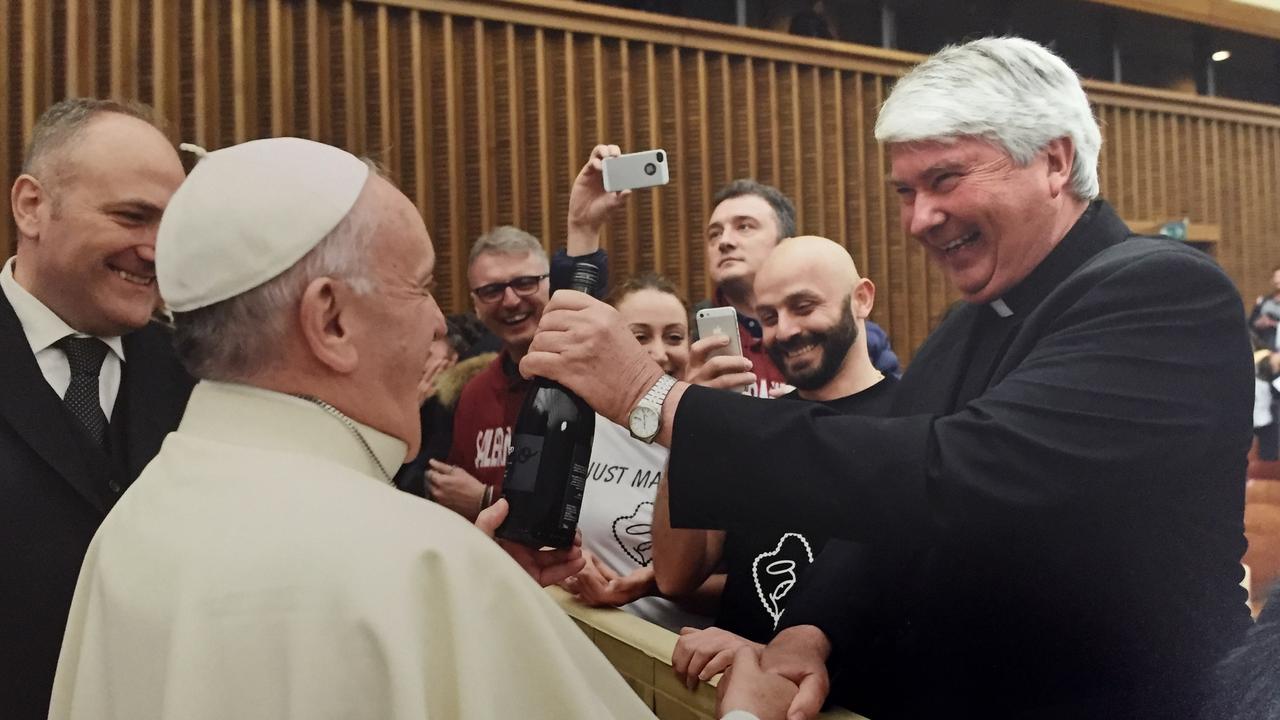
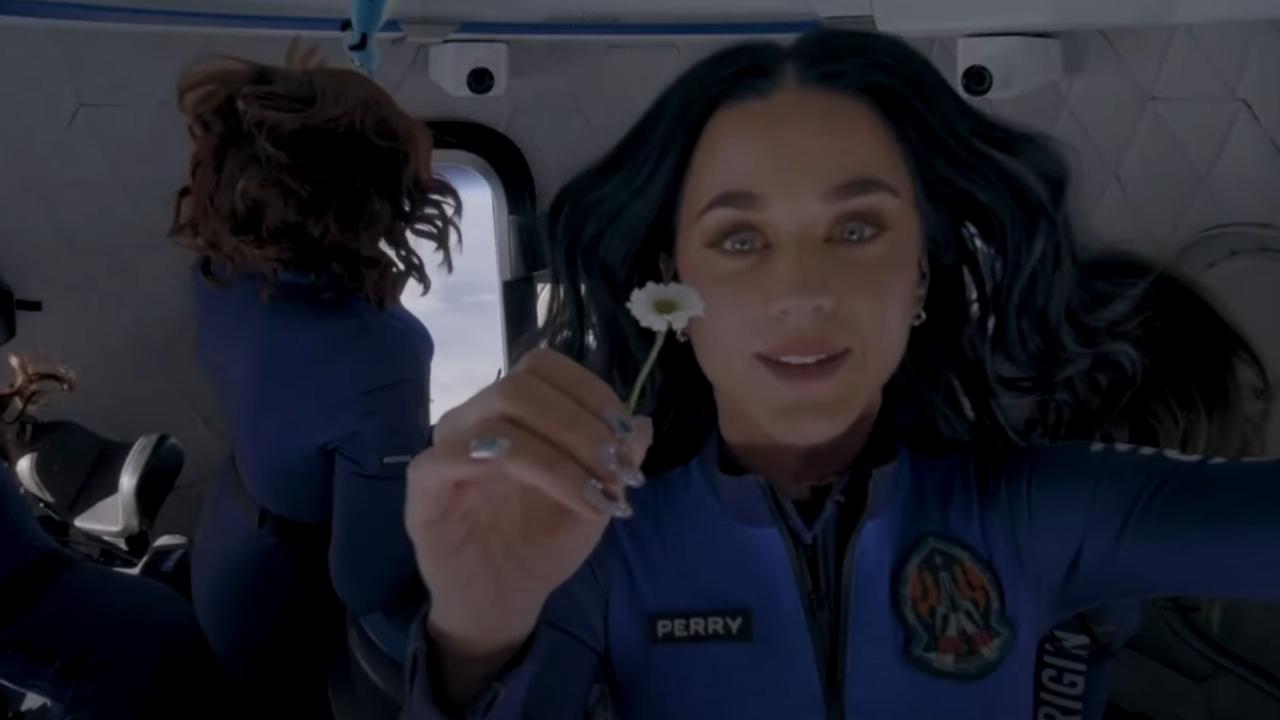
To join the conversation, please log in. Don't have an account? Register
Join the conversation, you are commenting as Logout